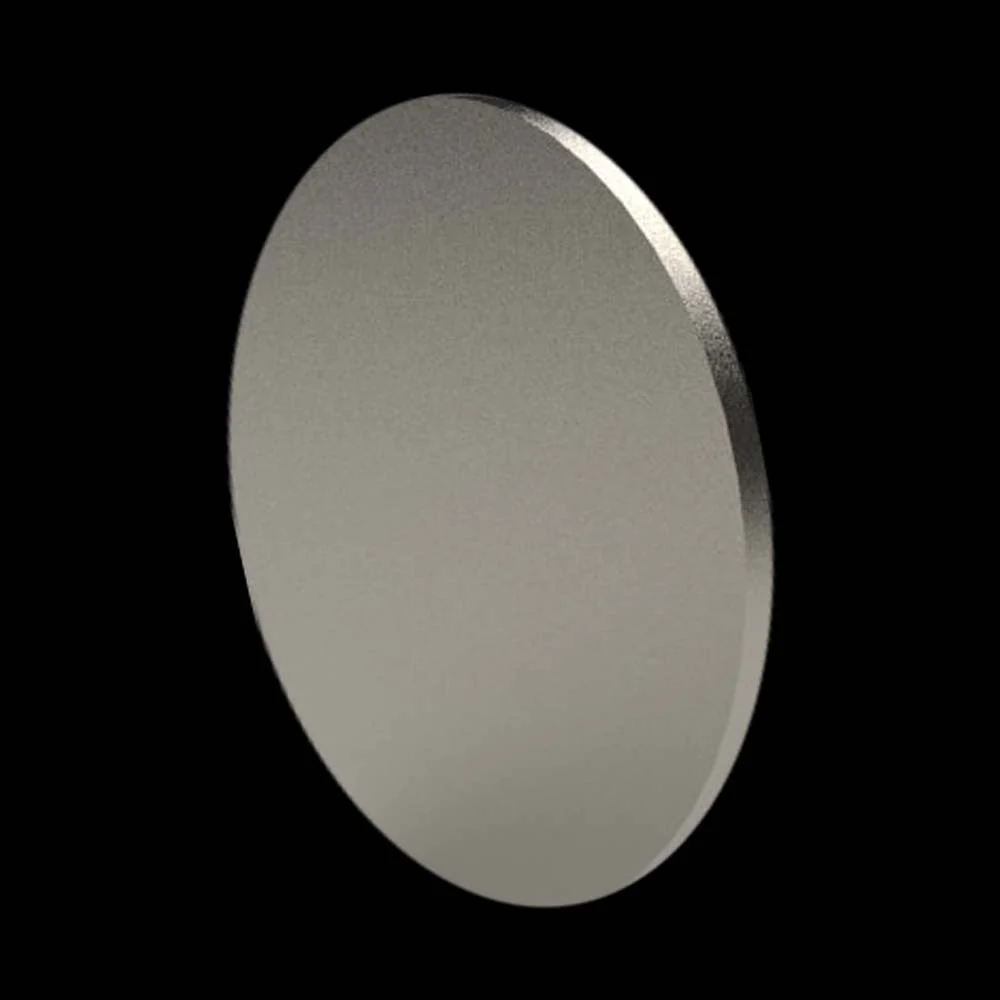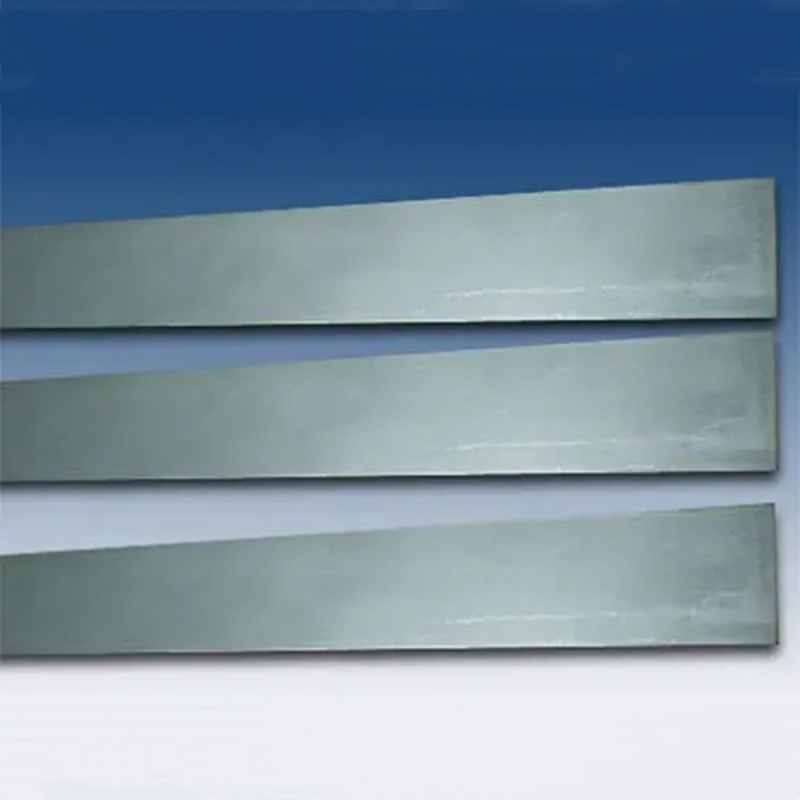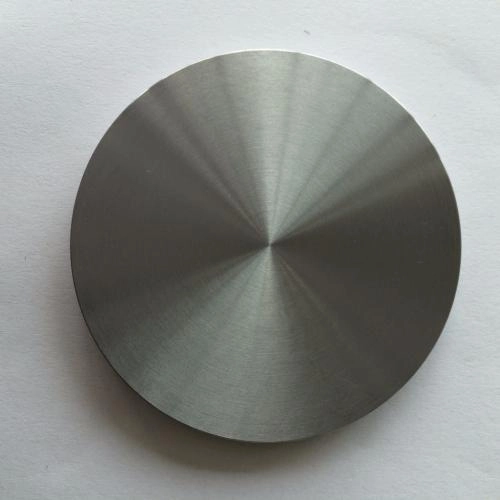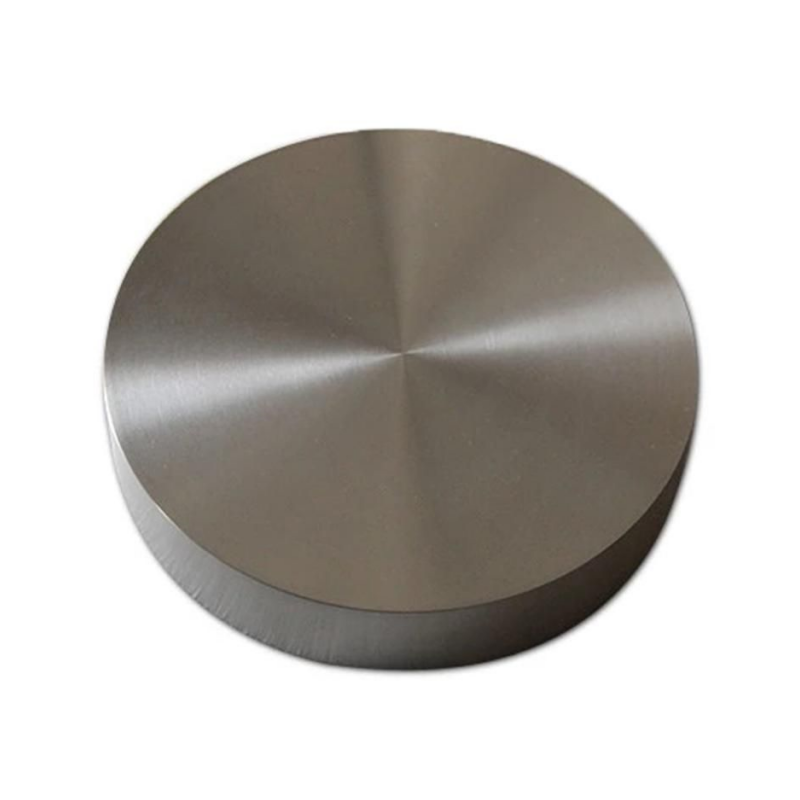Dysprosium oxide (Dy₂O₃) is a high-purity rare-earth compound known for its excellent magnetic, optical, and thermal properties. It is widely used in the production of advanced magnetic materials, high-performance ceramics, phosphors, and specialized electronic applications. Due to its unique characteristics, dysprosium oxide plays a crucial role in precision engineering, nuclear reactor control systems, and cutting-edge technology development.
Product Overview
Dysprosium oxide (Dy₂O₃) is a light yellow to green powder with slight hygroscopic properties. It is widely used in various fields, including ceramics, glass, phosphors, lasers, and metal halide dysprosium lamps. Dysprosium oxide holds an important position among rare earth elements, particularly for its unique magnetic and optical properties in high-tech applications.
Product Features
- Hygroscopic:Exhibits slight hygroscopicity, requiring proper storage conditions.
- Magnetic:Dysprosium oxide has notable magnetic properties, used in the production of strong magnetic materials.
- High Purity:Provides superior performance, making it suitable for precision technology applications.
- Chemical Stability:Excellent chemical stability, capable of withstanding various chemical environments.
Applications
- Magnetic Materials:Primarily used as an additive in neodymium-iron-boron permanent magnets and in the preparation of dysprosium metal materials.
- Optics and Lasers:Plays an important role in lasers, optical coatings, and related devices.
- Nuclear Energy:Used in nuclear reactors as control rods and other critical applications in the nuclear energy industry.
- Electronics and Ceramics:Used in the manufacture of magneto-optical memory materials, yttrium iron garnet, yttrium aluminum garnet, and other electronic products.
| Dy2O3/REO: >99.9% | |||
| RE IMPURITIES CONTENT(%Max) | NON-RE IMPURITIES CONTENT(%Max) | ||
| Gd2O3/REO | 0.004 | Fe2O3 | 0.005 |
| Tb4O7/REO | 0.005 | CaO | 0.002 |
| Ho2O3/REO | 0.015 | SiO2 | 0.002 |
| Er2O3/REO | 0.01 | Cl- | 0.019 |
| Tm2O3/REO | 0.004 | ||
| Yb2O3/REO | 0.004 | ||
| Lu2O3/REO | 0.002 | L.O.I | 0.3 |
| Y2O3/REO | 0.002 | ||
Submit Your RequirementsWe will contact you within 24 hours.
 WOBO Scientific Research New Materials One-Stop Service Platform
WOBO Scientific Research New Materials One-Stop Service Platform











